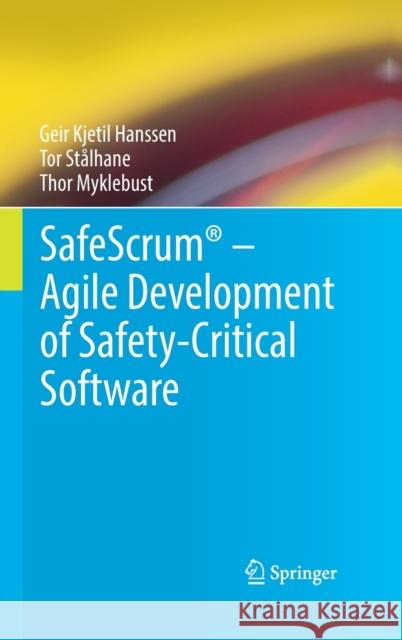Safescrum(r) - Agile Development of Safety-Critical Software » książka
topmenu
Safescrum(r) - Agile Development of Safety-Critical Software
ISBN-13: 9783319993331 / Angielski / Twarda / 2018 / 233 str.
Safescrum(r) - Agile Development of Safety-Critical Software
ISBN-13: 9783319993331 / Angielski / Twarda / 2018 / 233 str.
cena promocyjna 194,57
(netto: 185,31 VAT: 5%)
389,14
Rabat: -50%
Najniższa cena z 30 dni: 308,41
(netto: 185,31 VAT: 5%)
Rabat: -50%
Najniższa cena z 30 dni: 308,41
Termin realizacji zamówienia:
22 dni roboczych
22 dni roboczych
Darmowa dostawa!
Zobacz inne książki w promocji: Wyprzedaż publikacji z zakresu nauk stosowanych
Kategorie:
Kategorie BISAC:
Wydawca:
Springer International Publishing AG
Język:
Angielski
ISBN-13:
9783319993331
Rok wydania:
2018
Wydanie:
2018
Ilość stron:
233
Waga:
0.52 kg
Wymiary:
23.39 x 15.6 x 1.6
Oprawa:
Twarda
Wolumenów:
01
Dodatkowe informacje:
Glosariusz/słownik
Wydanie ilustrowane
Wydanie ilustrowane











